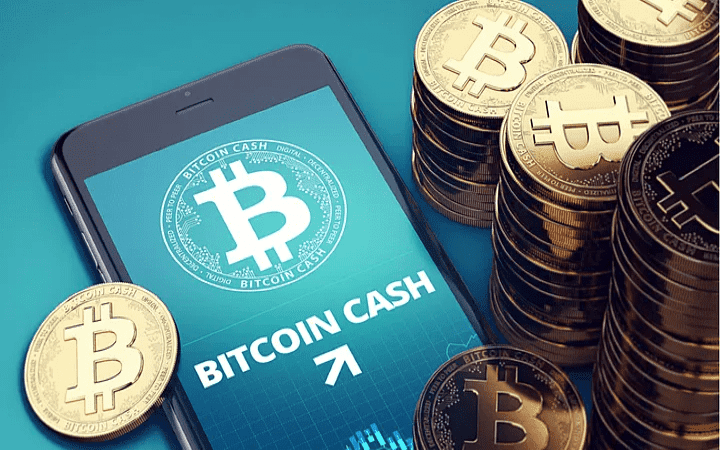
The Basics of Staking on Cardano
A lot of cryptocurrencies have the option of staking your coins / tokens, but for this discussion we will just be looking at staking in the context of the Cardano blockchain. This is a beginners guide so we will gloss over a lot of the technical aspects and simply introduce the general concepts.
What is a Stake Pool
A Stake Pool runs a server which processes the transactions on the Cardano Blockchain. Think of the Stake Pools as the engines of Cardano. Anyone can choose to create a Stake Pool server because Cardano is decentralised, meaning there is no single business running the Cardano engines. Stake Pool operators keep the whole network alive, for this, they receive rewards in ADA. If you own Cardano ADA, you can share in these rewards by Staking your ADA with a Stake pool.
What is staking?
“Staking” is the process of linking your digital Cardano cryptocurrency wallet to a Stake Pool, think of this as a vote of your confidence towards the who operate that stake pool.
While your wallet is delegated to this stake pool, the funds still remain in your wallet and under your full control. Its important to note, one benefit of stake pools on Cardano is these funds are not locked into the staking and can be used as normal.
For delegating your ADA you have the opportunity to receive rewards every 5 days in ADA. Normally this is 4–5% for a good pool.
Okay, so why do I get paid for this?
Cardano works on a Proof of Stake (PoS) mechanism, compared to chains like Bitcoin who are Proof of Work (PoW). PoS is the mechanism used to keep the blockchain secure.
We need PoS to ensure the security of the Cardano transactions. In this context, by security, we mean “how can I be sure the transactions are real and not fraudulent”. The PoS system means that only the Stake Pool Operators (SPOs) with a certain quantity of ADA delegated to them can be eligible to record transactions. Meaning that if someone wanted to create fake transactions they would need billions of ADA, making this harder to do.
Is there a risk to me?
No, but, there is a community duty to try to ensure the stake pool you’re staking with has everyone’s best intentions at heart. Whilst at the moment there are no punitive penalties for staking with a pool which goes rogue, they can present a threat to the blockchain overall if a massive number of people stake with them. So its in everyone’s best interest that if someone is wanting to pick a pool to stake with, they do some research and checks.
Its important to note that the ADA rewards are distributed by the blockchain its self and not the stake pool operator, to avoid any doubt. Some Stake pool operators also give additional rewards in other tokens or NFTs.
What about operators who have a large number of pools?
There is a lot of controversy around stake pool operators who have lots and lots of stake pools. There is currently nothing in the construction of the staking mechanism to prevent or outlaw this, however there is some concern that this can lead towards centralisation rather than decentralisation.
The concern here being the more control any single person or group have, the more potential risk and inequality it brings. Due to this a lot of community members have called for people to support smaller single pool operators.
On the plus side for Multi pools, these are typically run by people or companies who have considerable resources to keep their pool running without any interruptions and tend to provide a lot of visibility through marketing to bring new people into the Cardano ecosystem.
How do I stake my ADA?
To stake your ADA you simply need to move it into your Cardano wallet and your wallet app should have a Staking selection page where you can search for the pool you’ve chosen by name or ID. Its important to remember people can add in fake pool names, so double check the ID first.
Once you’ve delegated to the pool, your rewards will start coming in after 10–15 days, then every 5 days!
What about the staking option on my exchange?
Some exchanges offer the service to stake your ADA with them. While most of these exchanges would normally be seen to be good actors in the ecosystem it does still lead to centralisation and means you cant use your ADA for DeFi apps etc.
If simplicity is all you’re after, this may be a good option for you, just remember this leaves you open to loosing your ADA if the exchange gets hacked. If you care about decentralisation and want to be more hands on with your Cardano then staking through your own wallet is the way to go.
DeFi staking?
In addition to the above there is the concept of staking your coins in a DeFi protocol, this however is a very different kind of staking and carries very different risks and rewards.


